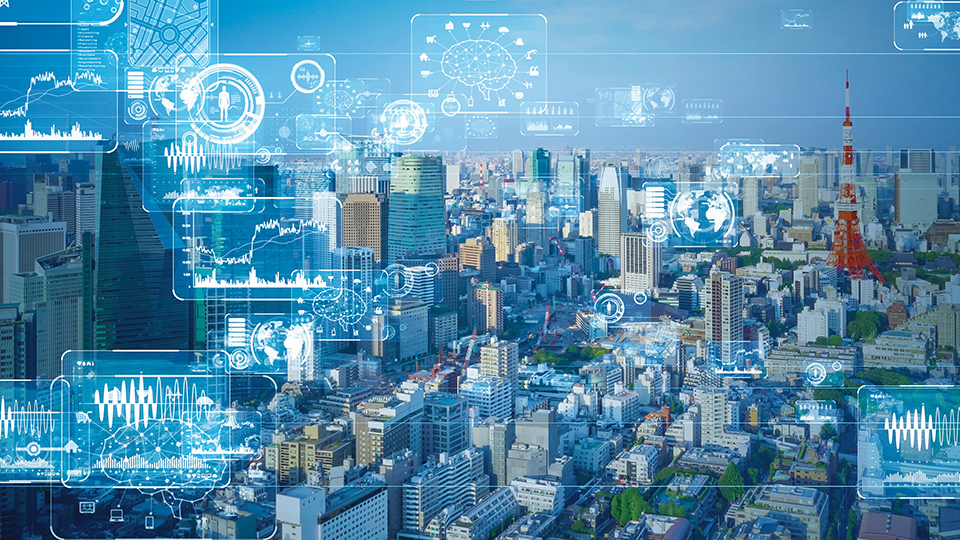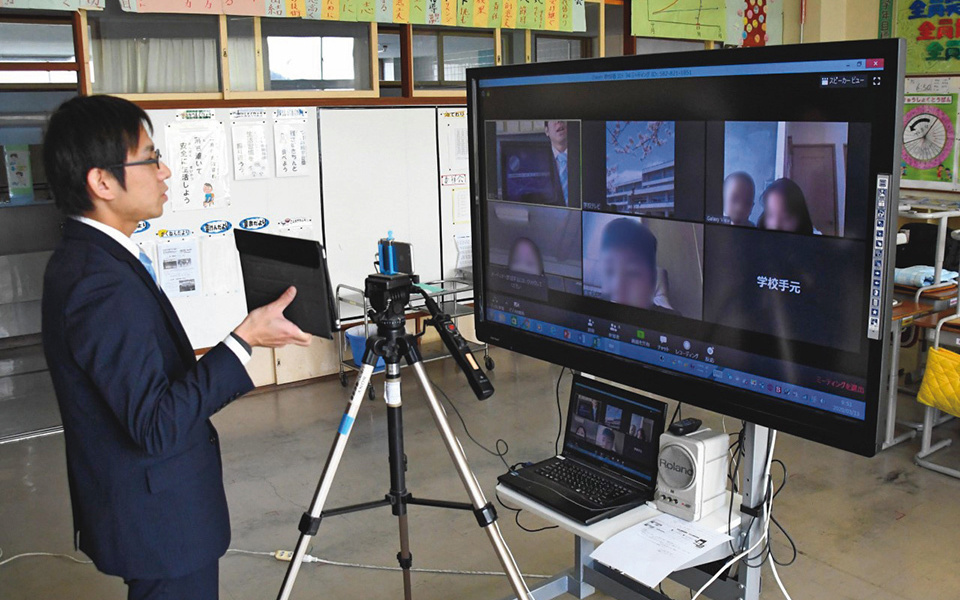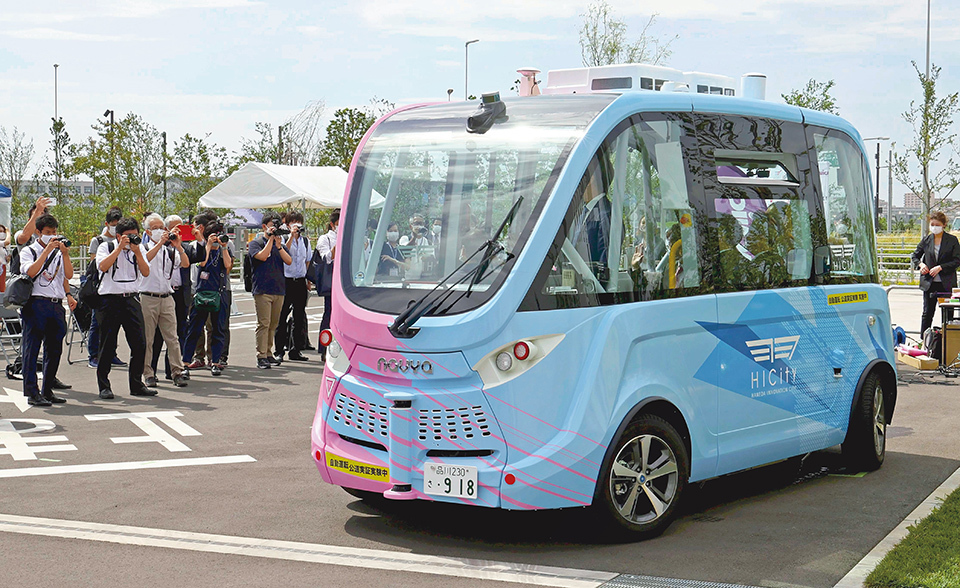Through the use of digital technology, Japan is rapidly advancing digital transformation that is human-centered and leaves no one behind, contributing to the happiness of every individual by allowing diverse citizens to choose digital services suited to their needs.

With one of the world’s leading broadband networks (connecting 98.8% of households with FTTH internet lines) and mobile phone service covering 99.99% of the population, Japan offers nationwide access to fast data transmissions. Meanwhile, in the industrial sector, there is growing utilization of digital technology, such as ICT solutions that reduce workloads and raise productivity at manufacturing sites. However, in the wake of the COVID-19 pandemic a major issue has been brought to light: the particularly slow pace of digitalization in administrative services, exemplified by complicated procedures and slow benefit payments.
In response to this situation, the Suga administration, inaugurated in September 2020, has characterized the “realization of a digitalized society” as a policy matter of utmost importance and is quickly moving to develop policies for bold deregulation. In his first policy speech, Prime Minister SUGA Yoshihide made a powerful declaration about creating a new society in which citizens can complete a variety of procedures without visiting government offices, and where those living in rural areas can do the same work and receive the same medical care and education as those residing in large cities. Additionally, the administration has pledged to establish an agency in charge of digital transformation that, with the involvement of exceptional digital professionals from the private sector, is set to become a powerful force for vigorously carrying out the digital innovation policy of the administration.
So as to bring greater convenience to the lives of citizens, the digital agency will be newly established in 2021. The new agency will proceed with combining and integrating the national government’s information systems, and will take an integrated, user-oriented approach to reforming administrative services and operational systems. In addition, the government will make arrangements so that citizens can use their My Number Social Security and Tax Number Cards as a comprehensive tool for completing administrative procedures.
Not only will this digital agency create more sophisticated administrative service systems, but it will also simultaneously encourage digitalization in areas of the quasi-public and private sectors that are essential to the lives of citizens, such as medical care, education, and disaster prevention, thereby improving fundamental aspects of everyday life. Ensuring interconnection among information systems is essential to providing better digital services—especially in areas where the jurisdiction of multiple ministries and agencies overlaps. However, given the current lack of standards for interconnecting different information systems, the government will first focus on establishing such standardization.
For example, in the transportation sector, the government is working to establish an environment where all transportation-related data, including timetables, routes, fares, and real-time data on delays, is interconnected, aiming to realize mobility as a service (MaaS), which, in its essence, provides customers with seamless transportation services over multiple transportation modes such as railways, buses, and taxis.

There is an increasing demand for telemedicine, which is expected to play a major role in preventing infections during the COVID-19 pandemic.

While closed due to the COVID-19 pandemic, an elementary school was able to keep in contact with students through online classes.
The Japanese government will make a united effort to digitalize the whole of society by deepening partnerships and cooperation among ministries, agencies, local governments, and enterprises. Specifically, the government will actively promote the concepts of “human-centered digitalization” and “digitalization with no one left behind,” both of which aim to add value to various services by engaging in reforms that prioritize the perspective of the public, while simultaneously allowing people to participate in society at the time and place of their own choosing, enabling them to demonstrate their full creative abilities. These two concepts will thus form the basis for the administration’s digital policy, seeking to contribute to the creation of a “diverse happiness.”

Haneda Innovation City commenced full-scale autonomous bus operations in September 2020. Similar initiatives to run autonomous buses are starting up across Japan.






























